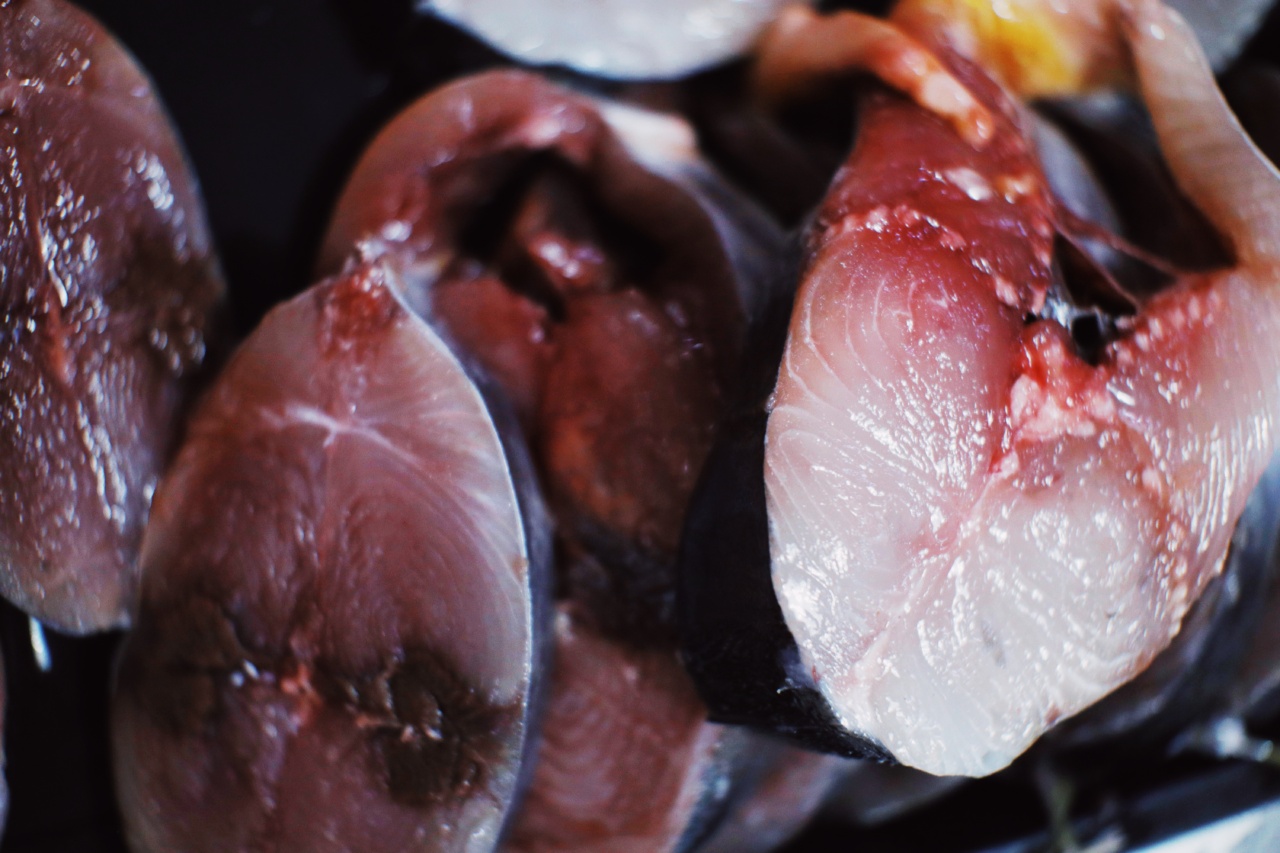Eating out, whether it’s at restaurants, fast food chains, or other food establishments has become a norm in modern times. With busy lifestyles, eating out is convenient and saves time.
However, frequent consumption of restaurant meals can significantly affect our health. One of the critical components to keep an eye on is our blood pressure.
Why is high blood pressure dangerous?
High blood pressure is a condition that can lead to several health complications. It occurs when the force of blood against the walls of the arteries is consistently high.
Over time, increased blood pressure can damage the arteries and organs, leading to heart disease, stroke, kidney failure, and vision loss.
How Does Eating Out Impact Blood Pressure?
Depending on what we choose to eat, frequent eating out can contribute to high blood pressure. Most restaurant meals are often high in sodium, which has a direct impact on blood pressure.
When sodium intake is high, the body retains water to compensate, increasing the volume of blood in the bloodstream. The extra fluid can put pressure on the blood vessels, leading to increased blood pressure.
In addition to sodium, the high-fat content of restaurant meals can contribute to weight gain. Excess weight is also a risk factor for high blood pressure.
Sodium in Restaurant Meals
Many restaurant meals contain high levels of sodium. A study conducted by the National Restaurant Association found that some meals at popular fast-food chains contained over 4,000 milligrams of sodium per serving.
This amount is twice the recommended daily intake of sodium, which is 2,300 milligrams.
Sodium is often used in restaurant meals to enhance flavor, preserve food, and give it a longer shelf life.
It’s commonly found in processed foods, such as canned vegetables, soup, and frozen meals, but also in dishes that you may not expect to contain high levels of sodium. For instance, some Italian dishes, such as pasta dishes and pizza, can also be high in sodium because of the cheese and meat used.
The Relationship between Weight and Blood Pressure
Weight gain is also a risk factor for high blood pressure. A study by the American Heart Association found that being overweight increases the risk of developing high blood pressure.
This is because the more weight you carry, the harder your heart has to work to pump blood through your body.
When we eat out frequently, we are more likely to consume more calories than we need. Hence, if we are not careful with our portion sizes, we can easily overeat and gain weight over time.
Healthy Eating Tips When Eating Out
While it’s not always possible to avoid eating out, it’s necessary to make healthier food choices to prevent high blood pressure and other health complications. Here are some tips to help you eat healthily when dining out:.
- Choose restaurants that offer healthy menu options, such as salads, grilled foods, and steamed vegetables.
- Ask the waiter to prepare your dish with less salt or no added salt.
- Avoid ordering dishes that are fried, creamy, or come with a lot of cheese.
- Share your meal with a friend or take half of it home to eat later.
- Order a salad or soup as an appetizer to fill you up before eating your main course.
Conclusion
Eating out frequently can significantly impact our blood pressure and overall health. Restaurant meals often contain high levels of sodium, which can lead to increased blood pressure.
What’s more, the high-fat content of restaurant meals can contribute to weight gain, which is also a risk factor for high blood pressure. Hence, if we make healthier food choices when eating out, we can prevent health complications associated with high blood pressure.





























